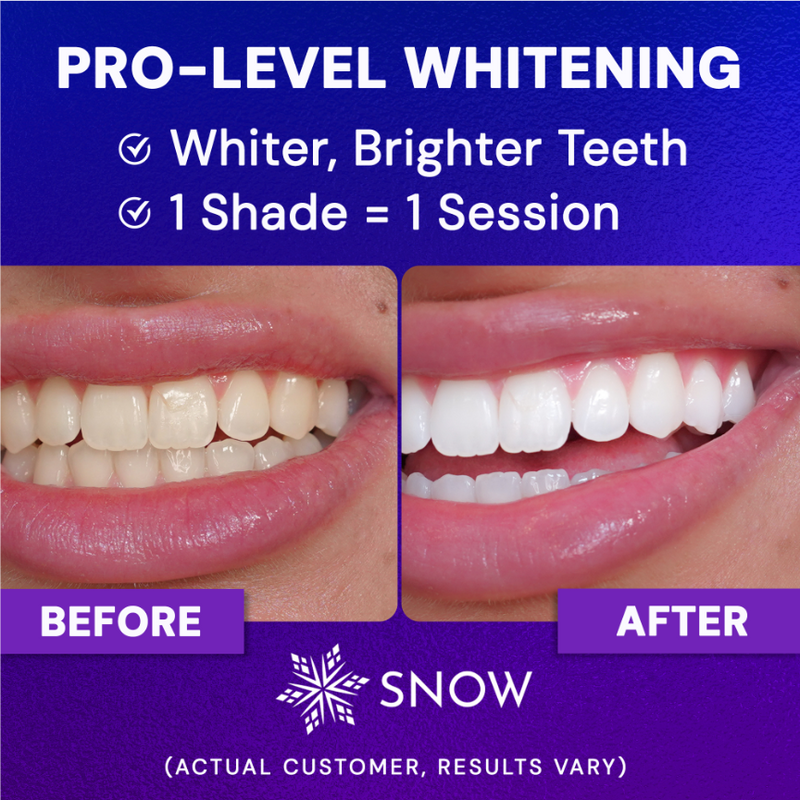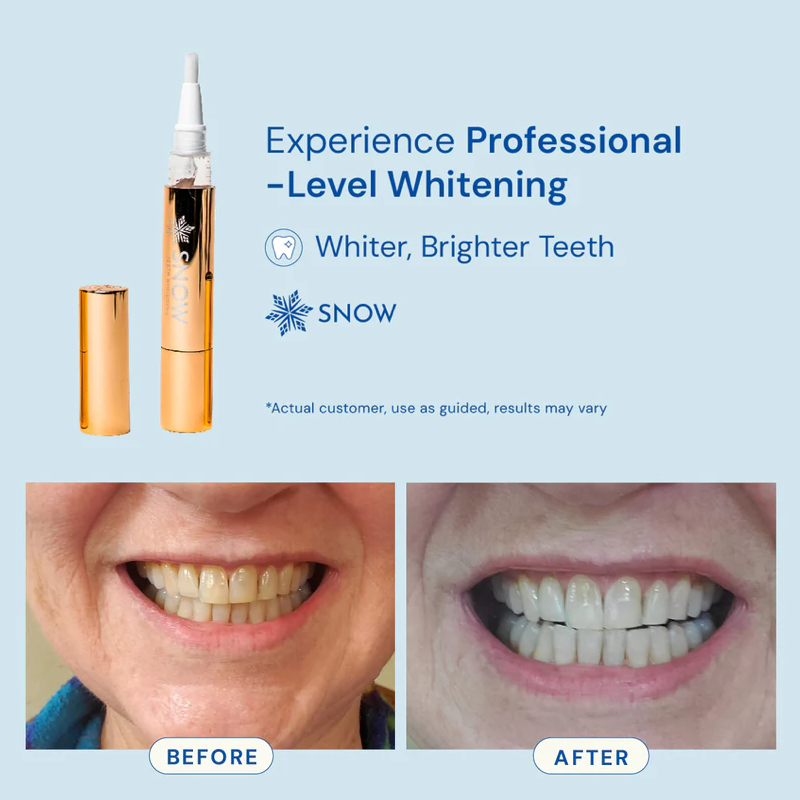I love a good group workout. Not a group workout like zumba, step aerobics, or yoga. Nope, not like that.
I am talking about a workout with a group of other people all going at their own pace … Everyone is going at their own pace and trying to get as many reps done as possible in a forty-five-minute window of time.

You know the workouts, right? They are the ones that allow you to write your name up on the board when you have done the most push-ups, pull-ups, or burpees.
Alright. So, I might be a little competitive. Just a little.
It’s true … There may have been a few times when the trainer had to force me to stop a workout because I was limping my way through it just so I could finish, or grab a protein bar in the middle of a workout because I was about to pass out but refused to quit.
What can I say? I ain’t no quitter.
But umm … working out in your forties like you’re still twenty-five isn’t always the smartest thing.
Yes, it means getting into the best shape of your life. It means finding your abs for the first time everrrr. It even means being able to run laps faster than most of the men.
And it means that one day when you’re running to the drinking fountain, you hurt your knee just by planting your foot. Or walking up the stairs like you’re ninety because your body is so sore from leg day. Or you were injuring yourself because you lifted weights that were too heavy.
Ooopsie.
Working out has a ton of really great advantages. But those workouts need to be planned and prepared for properly … or you might find yourself straining a hammie while running to the bathroom.

Working out can have its disadvantages. It is time-consuming, it can be expensive, and you can hurt yourself while getting healthier.
It’s much the same with teeth whitening.
Taking steps to make your smile more beautiful has so many added benefits. Whiter teeth give you confidence and boost your self-esteem. People are more attracted to you. And you appear to be friendlier and healthier.
How could there possibly be any downside to whitening your teeth? That doesn’t seem to make any sense. Everybody wants whiter teeth!
Can you even put the words “teeth whitening” and “disadvantage” in the same sentence?
Yes. Yes, you can.
Keep reading, and you will see for yourself.
Disadvantages of Teeth Whitening
The Price
Now, you may be thinking You can whiten your teeth very inexpensively—especially if you use whitening toothpaste. And you would be right. You sure can.
If your teeth are only a bit dull. If your teeth are only a smidge discolored, then a whitening toothpaste can totally work for you.
You can even use a pricier whitening toothpaste to brighten up those teeth that are a few shades beyond dull. The bleaching agent used is stronger in the more expensive toothpaste.
To be completely fair, a good whitening toothpaste will cost more money than regular toothpaste.
If you want to go even cheaper, you’ve probably tried baking soda, lemon juice, or peroxide.
Again. Those treatments will not work if you have deeper stains or just want bright, white teeth. You’ll need something stronger. Stronger means more money.
Many people want professionally whitened teeth because they want a movie-star white smile. To have your teeth whitened by a dentist, you may very well find yourself paying $650 to $1000.

That, my friend, is quite a bit more than a tube of toothpaste.
For some of you, your stains cannot be completely removed. You need veneers to have the smile you want. Guess what? Veneers are not affordable for the average person.
The average veneers range in price from $400 all the way up to $2500 … for each and every tooth. At an absolute minimum, people put veneers on their top eight teeth. That brings your whopping total to $3200 on the cheap side and $10,000 on the higher side.
Yessss. Having whiter teeth can cost you a chunk of change.
Swallowing Chemicals
Many of you read that and thought, Duh. You don’t swallow it. You spit it out.
To those of you who thought that I wonder … Have you ever done your own at-home whitening treatment?
When you put whitening strips on your teeth, you need to leave them on for thirty minutes at a time. Not a big deal.
If you are anything like me, you never realized how much swallowing you do until you could no longer swallow without sending chemicals into your stomach. And you definitely had no idea how much a tiny little strip could make you salivate.
My salivary glands go into overdrive about two minutes after putting the whitening strips on my teeth … and the only choice is to spit it out. Again. And again. And again.
The whitening trays are not much better.
Put the bleaching agent in your trays. It’s like frosting a cupcake. Just slap it right in there. Then you pop those trays into your mouth and bite down.
Bite down for thirty minutes, and don’t you dare think about taking them out.
Not even when the bleaching solution when it oozes out of the trays and gets all over the inside of your mouth. Not even when it threatens to slide down the back of your throat and gag you.
Eww.
And I’m serious about the gagging.
It proves difficult to avoid swallowing the bleaching solution. If you do swallow some of that solution, you can expect an upset stomach to follow. Our bodies are not meant to swallow bleach.
Inflammation
Teeth whitening uses chemicals to remove stains from your teeth. The bleaching solution used to whiten teeth can often come into contact with the gums. Basically, your gums would be getting a chemical burn.
Do not ignore this potential problem. Your gums are considered the soft tissue. They’re fairly easy to damage.
If that bleaching solution should happen to stay on your gums, it basically eats away at your gums and leads to inflammation. Not fun. So, you will need to rinse those gums thoroughly with water to remove any of the chemicals sitting on your gums.
If your gums turn white right after the bleaching solution touches them, then you will know they have been the victim of a chemical burn. It should heal rather quickly, but don’t be surprised if your gums bleed a little before they are completely healed and back to normal.
Be sure not to brush your gums or eat anything acidic while they are inflamed. If you do, that will only serve to delay the healing process and cause unnecessary pain.
Irritation
The bleaching agent can actually seep right into the enamel of your teeth anywhere a tiny hole or crack exists. When this happens, the bleaching agent passes through any of those cracks or holes in the enamel and enters deep down in the pulp.
The act of that bleaching agent hitting the pulp causes irritation. No kidding, right? Chemicals that penetrate the enamel and get inside of your teeth can irritate your pulp.
Wow. Irritated pulp. Let’s avoid that.
Increased Sensitivity
What happens when you eat ice cream? Drink ice-cold water with no straw? If you are cringing just thinking about how that feels, well, then you are probably suffering from sensitive teeth.
If you know you have sensitive teeth, whitening them is going to increase your level of sensitivity. Let’s say you have sensitive places on your teeth already; you can probably bet this will be the case for you.
During the whitening process, the bleaching solution will be directly applied to the surface of your teeth. When that solution hits your sensitive areas, you are going to feel it. Ouchie. You will really feel it if your gums are receding in many areas.
Just because you don’t notice the sensitivity right away doesn’t mean it isn’t coming. The chances are that you will notice the sensitivity increasing after a period of time—especially if you are using a whitening system that is practiced over several months. This time frame could last as little as ten days or several months.
When choosing a toothpaste for sensitivity, you want one that the American Dental Association approves. When you use this toothpaste regularly, it will help create an overall reduction of sensitivity.
Sensitivity brought on by whitening your teeth should diminish quickly, but if it doesn’t, tell your dentist. You want to be sure there is no other underlying condition causing the sensitivity.
So what?
So, in the end, there are some disadvantages to having your teeth whitened. Are you going to injure yourself while whitening? Probably not. Will you strain a muscle as you lift the whitening tray to your mouth? Doubtful.
Just remember, it’s all fun and games until somebody swallows the bleach, people!




































































